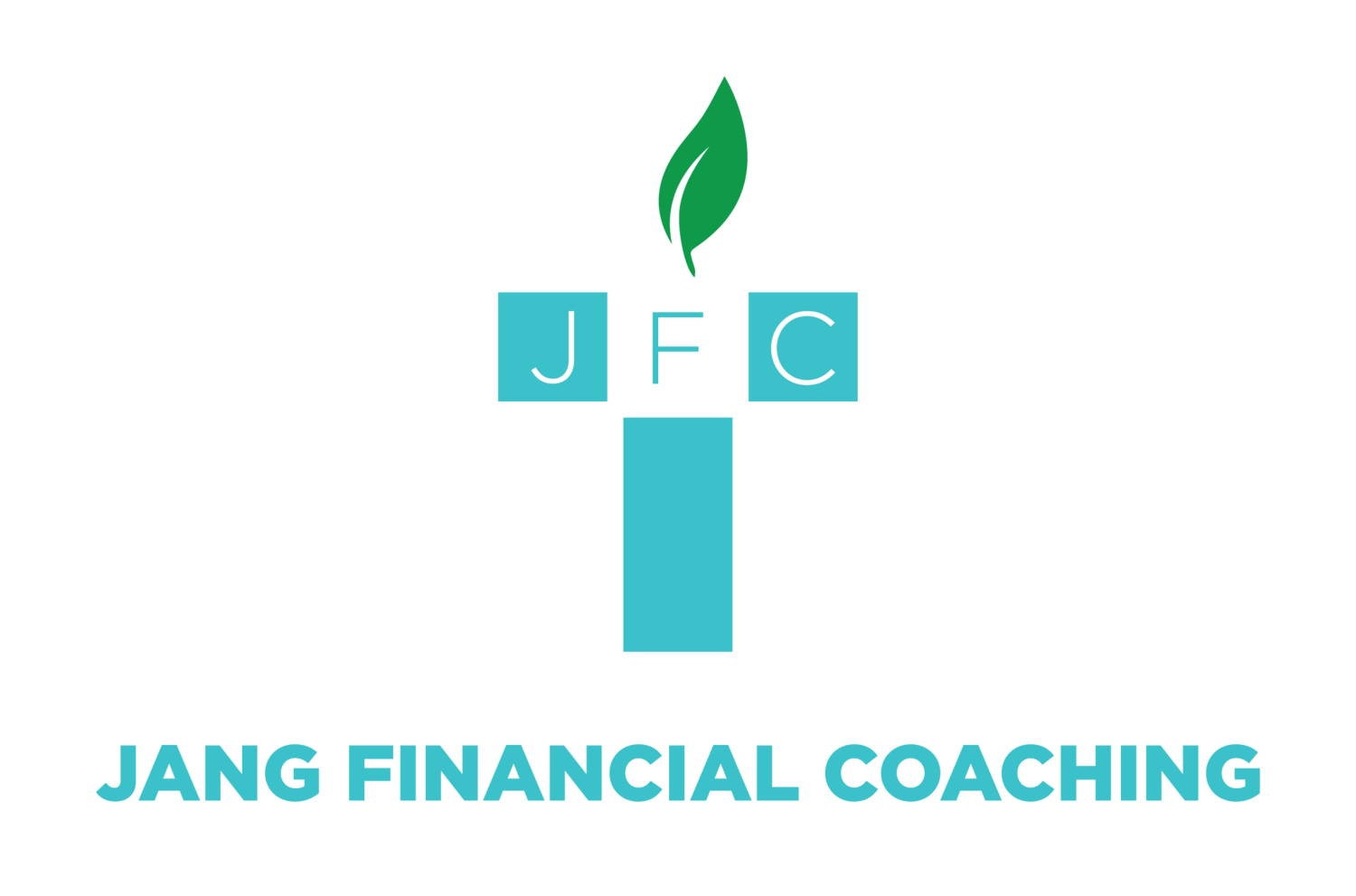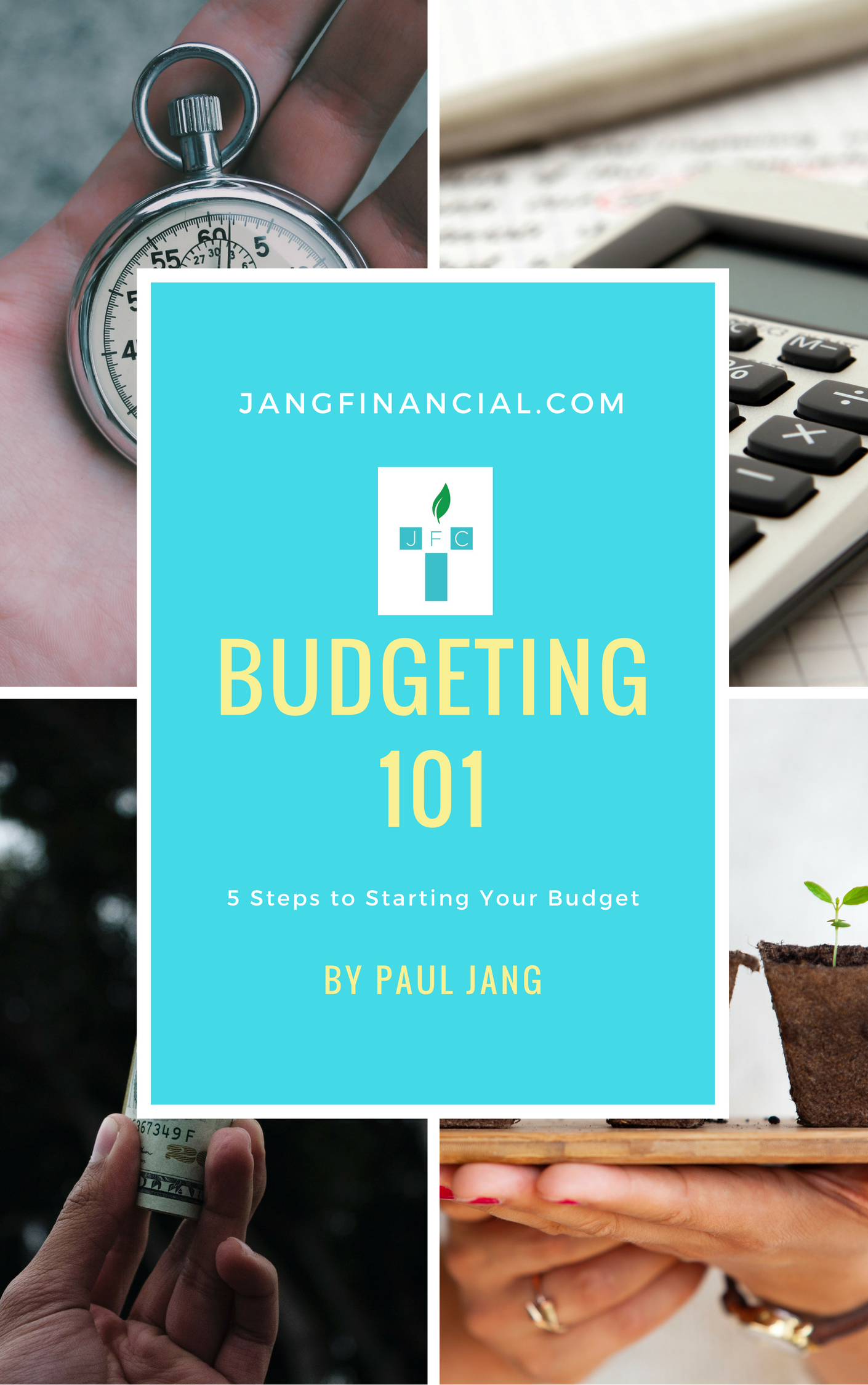A Steward’s Guide to Car Buying: Part 1
/During this recent Christmas season, a family member drove my 2000 Toyota Sienna and commented how unsafe they felt driving it. The ABS light did come up and when those comments were made, I became worried. I’m okay with inconveniences like power window not working consistently on the driver’s side, one of the sliding doors not opening from the inside, and leaking engine oil that I had to fill up a few times a month. After all, this was a 17-year old minivan we purchased way back around in 2006 when our second child was born.
My wife and I knew we needed a new minivan soon but when I heard those words about ‘safety’, I wondered if I was risking the safety of my family in the name of financial stewardship and debt-free living. I prayed and asked God if I was elevating stewardship over safety. I had just replaced the tires and had the minivan checkout, and I felt I did my due diligence in getting ready for the winter.
So, as a worried husband and father, I took my minivan back to my mechanic to have the ABS light checked out and asked if my minivan was dangerous to drive. He fixed the sensor issue and reassured that while clearly my minivan was a beater and lacked power, it was safe to drive. I felt reassured and drove away.
We bought this minivan for a little less than $10K with cash and drove over 100,000 miles over more than 10 years. We knew that we should start looking to replace our minivan. We thought about it last year but with some financial uncertainties, we felt it best to just wait a bit longer. We have been saving for a replacement minivan for over 5 years, and now we had just enough to buy a good used car for a little less than $20K, including taxes, and everything else. (Instead of paying someone else a monthly payment, this is something you can do too. If you know you will need a new car in 5 years, you can do your calculation, and start saving accordingly each month.)
In all of this, I had to remind myself a few things. After all, I coach people all the time about their car situations as I serve people who have $500 per month car payments all the way up to $1500 per month car payments. Don’t make emotional decisions. Stay away from car payments by paying yourself regularly.
However, when I heard the word “unsafe”, I felt compelled to rush the buying process. After getting the minivan checked out with my mechanic and being reassured that it was perfectly safe, I slowed down and did not react emotionally. We simply began the process of looking for a replacement car that was within our budget.
So, I reached out to a good used car dealer that I have used before and started my process. After all, my current minivan was purchased from them, and I was satisfied with it. The sales person I was introduced at this time was new and I just told them my specifications. That I was looking for a good used minivan between the price of $15K-$18K, preferably Toyota or Honda, and paying in cash.
It’s been only a week but I must admit that I have been tested. I’m still challenged to stay within my budget because the salesman is bringing minivans to me and my wife that is a few thousand dollars above our budget. Nicer minivans, but more than what we can afford.
It’s amazing how I’m telling him that I’m paying cash, but the salesman tries to get me to purchase more than I can afford, and even tries to get me to finance the car. No surprises there. Financing is where they make the money.
My wife and I have been here before, and we just said no and we held our ground. I have to confess, though, it does get tempting with newer cars, better cars, and cars with more options. But at the end of the day, we both know that a car drives much better when we don’t owe any money and we can sleep better at night knowing we don’t have any monthly payments. After all, this is what I coach my clients to do. Buy cars in cash so you don’t have any payments.
Today, my wife still drives the beater, 2000 Toyota Sienna. She is perfectly OK with it. Actually, because we have already spent a few hundred dollars fixing it up in the past several months, she feels like she needs to drive it a little longer to get our money’s worth. I thank the Lord for her. That she is content and patient. That we are seeking Lord’s direction and approval together.
We are not in a rush. We already passed over a few minivans because we felt it was not the best deal. We will take our time. We will continue to wait. We will continue to fight for a debt-free living. We will continue to fight for contentment. We will continue to fight for patience. We will continue to pray and seek to grow as a family that is learning in whatever situation to be content. Whether we are driving a 2000 Toyota Sienna with 160,000 miles with many inconveniences or driving a good used minivan (hopefully, at least 2015 model with a good price), we want to say, we can do all things through Christ who strengthens us (Philippians 4:12-13).
Are you ready to get started? Contact me at paul@jangfinancial.com if you want to help disciple your congregation as God-honoring stewards from a biblical perspective, or if you yourself want to grow as a steward seeking to practically manage the finances better to hear from our Lord upon his return, “Well done, good and faithful servant. You have been faithful over a little; I will set you over much. Enter into the joy of your master.” (Matthew 25:21, 23)
Questions to ponder:
1. Do you have any car payments? If so, how much? Do you want to be financially free from such burdens in the future?
2. Instead of making monthly payments for cars or alike, how can you pay yourself and begin saving for a future purchase of a good used car?
3. As a Christ-follower, how can the way you purchase a car be transformed to make your relationship with Christ more intimate? If what Christ accomplished on the cross fully establishes your sense of worth and value, how might you need to reexamine your relationship with the car you drive (now or in the future)?
4. If Christ came to set you free from the wages of sin and power over death, how might your tendency of enslaving yourself to debt need to be reconsidered as a disciple of Christ?
Paul Jang
Pastor | Personal Financial Coach to Individuals & Financial Stewardship Ministry Consultant for Churches
*If you want to automatically receive this weekly blog, sign up for a free budgeting e-book at www.jangfinancial.com.



